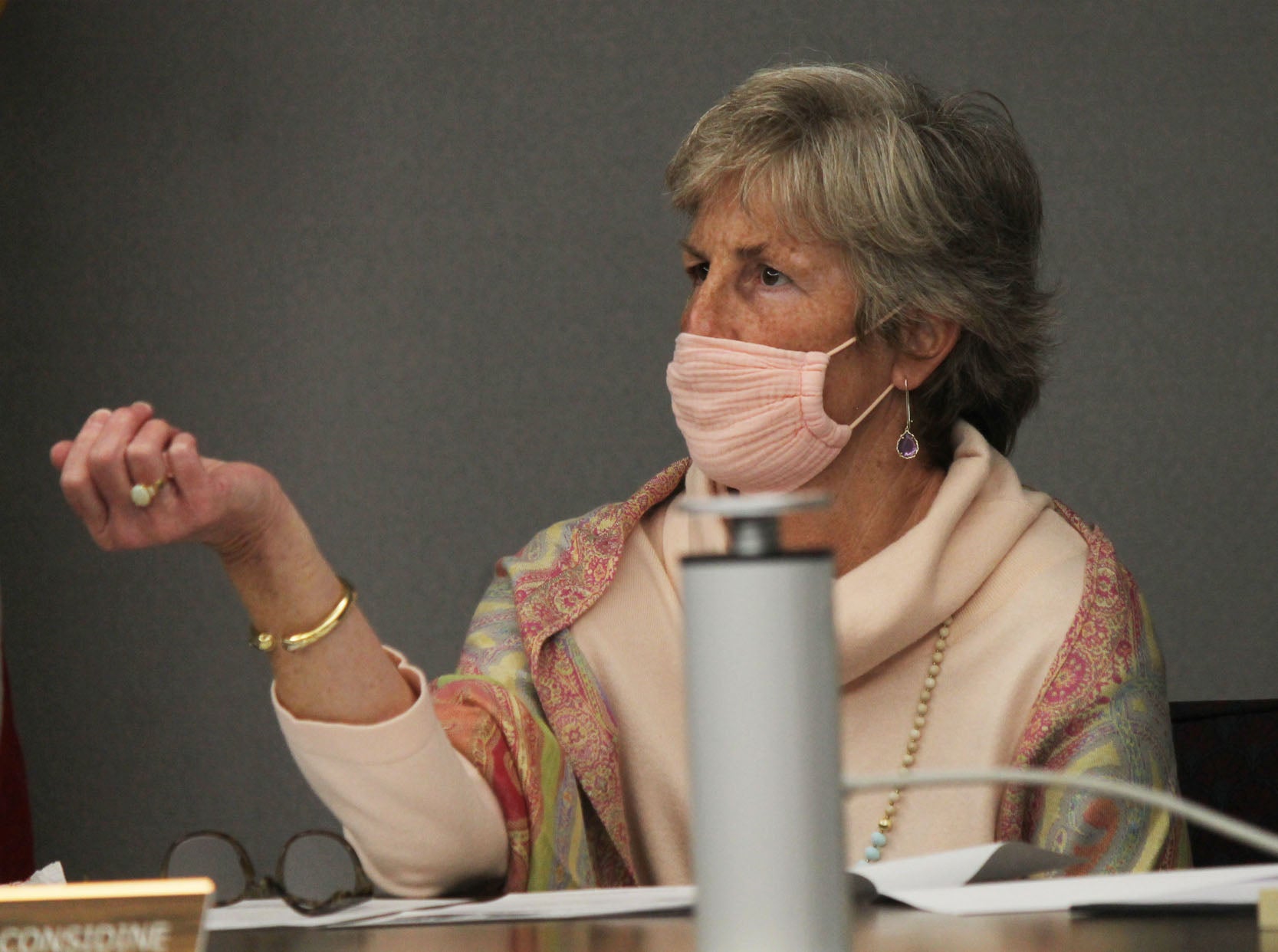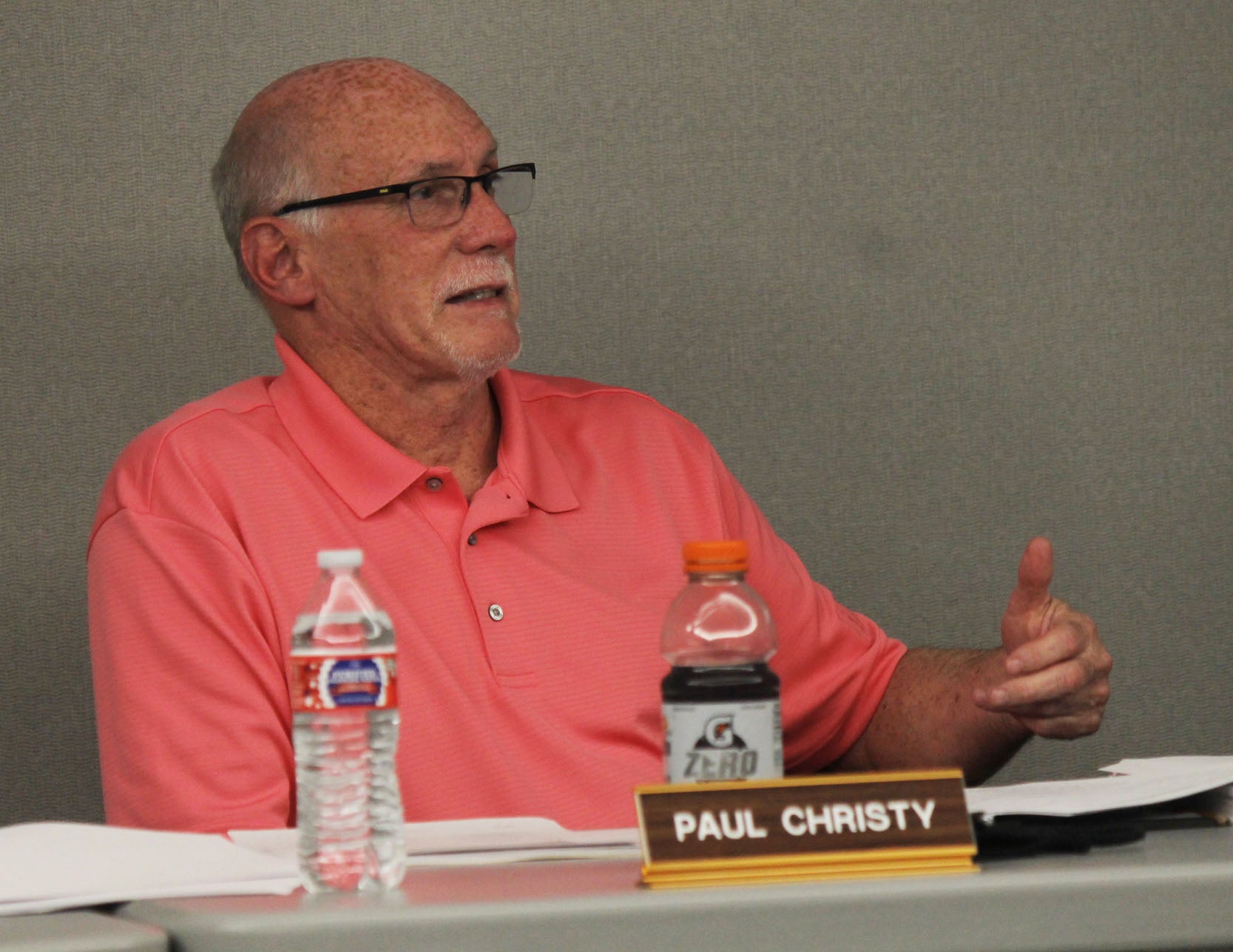‘Do-over’ school year raises concerns
Published 10:38 am Monday, April 19, 2021
|
Getting your Trinity Audio player ready...
|
A new law that will allow students who missed out on in-person learning and social opportunities during the past year because of COVID to have a “do over” if their school district approves it, has some school officials concerned.
At its April 19 meeting, the Clark County Board of Education approved an application for students who wish to enroll in the supplemental school year program, which would allow them to repeat a year. Students have until May 1 to submit the application to Central Office, but the board doesn’t have to decide until June 1 whether or not the district will participate.
Senate Bill 128, which was supported by both of Clark County’s Republican state legislators, Sen. Ralph Avarado and Rep. Ryan Dotson, was originally intended to apply only to public high school students but was changed to pertain to public and private students in kindergarten through 12th grade.
The bill was signed into law by Gov. Andy Beshear on March 24 and said that the supplemental school year program would allow students an opportunity to enjoy the same high school experience they expected a year ago.
“The past year has been uniquely challenging, and while educators have done their best in these trying circumstances, the pandemic has deprived some students of priceless opportunities and memories,” Beshear said. “School districts who choose this Supplemental School Year option for their students also will have access to federal funds to remedy learning loss in creative ways and to help all students get back on track academically.”
However, during a special called school board meeting April 12, Superintendent Paul Christy raised some concerns.
“There’s still a lot of questions,” he said after having attended a meeting with other superintendents earlier that day. “I think this was a well-intended bill that came through at the last minute, and it was not completely thought through.”
Among his questions was how a do-over year would affect a senior’s grade point average.
“My original understanding was that seniors could not take a class over and get a new grade for it,” he said. It will be reflected in their transcripts, he said, but “it will not change their GPA.”
Board Member Bill Taulbee said that students who might want to take the year over to “better themselves” could, but if they did, it wouldn’t be “reflected in their testing.”
In its final version, the bill states: “Notwithstanding any passing grades a public school student may receive during the 2020-2021 school year, any student enrolled in a Kentucky public school in grades kindergarten through 12 during the 2020-2021 school year may request to use the 2021-2022 school year as a supplemental school year to retake or supplement the courses or grades the student has already taken. A retaken high school course under this subsection shall not count as an additional credit towards graduation unless the student failed the original course. Retaking a course under this section shall count towards full-time enrollment for the student.”
One of thing reasons the legislation is attractive to some students and parents is that it would provide an extra year of eligibility for high school sports — but not if the student turns 19 by Aug. 1.
Student athletes also won’t be allowed to transfer to play sports under the supplemental school year bill.
If a student is only interested in the program so that he or she can play sports and is lax about attending classes, that could affect the school district’s average daily attendance, which in turn affects funding for the district.
“What happens when football season is over, and now you have them for the rest of the year? That can affect your ADA if they don’t show up. That counts against you and can drop your attendance,” Christy said.
It could also have an adverse impact on the district’s graduation rate because it counts whether students graduated in 12 years.
“We’ve worked hard for years to get graduation rates where they are,” Christy said.
He said Clark County’s graduation rate is close to 99 percent — one of the highest in the state — but years ago, it was among the lowest.
The law states that if the district implements the supplemental school year program, it must accept all students who apply.
If the school board decides by June 1 that the district will participate, it must submit its plan to the state Department of Education by June 15.
A special meeting was called for 5:30 p.m. Monday, an hour before the regular meeting, to discuss the issue before it came up for a vote.
“This will be a hard call for the board,” Brenda Considine said, unless the information members receive during the special meeting “gives us more guidance.”
Christy said Monday his recommendation will be that if only a few students apply, the school district should have the program, but if hundreds want to have a do-over year, he would urge caution because the schools might not have room for all the additional students.
During the meeting Monday, George Rogers Clark High School Principal David Bolen said he would be surprised if more than 20 students apply for the supplemental year, and he thought the board should support it.
Christy said he thought so too if it were only a few students. But, for example, if 40 students at Strode Station were to apply, the district might have to hire two more teachers and find two more classrooms, and there aren’t two available classrooms at the school because it is at capacity already.
A note on SB 128 says the financial impact of the legislation is undetermined.
An amendment to the legislation also allows any nonpublic school to provide a supplemental school year for any student who applies by May 1.








